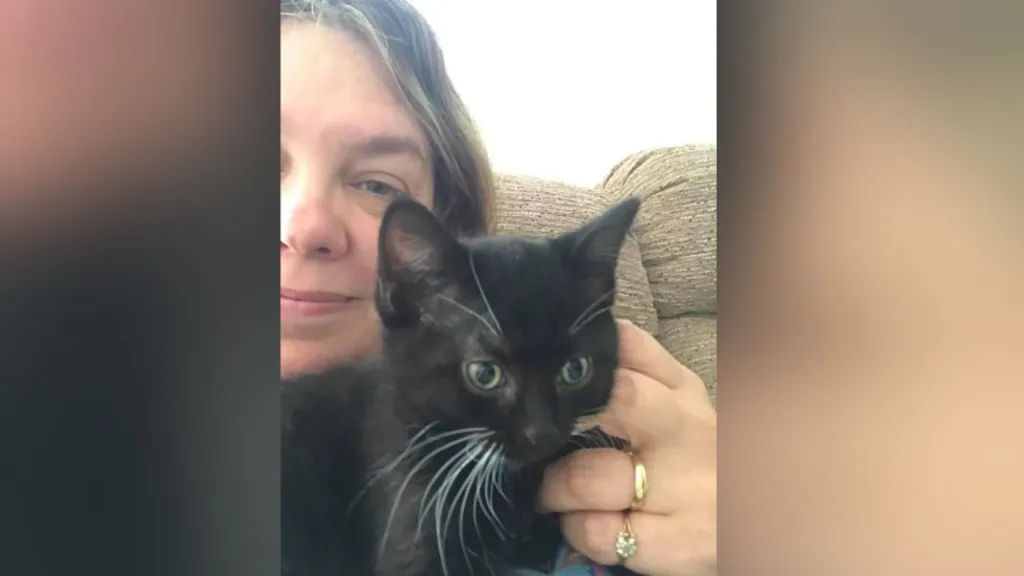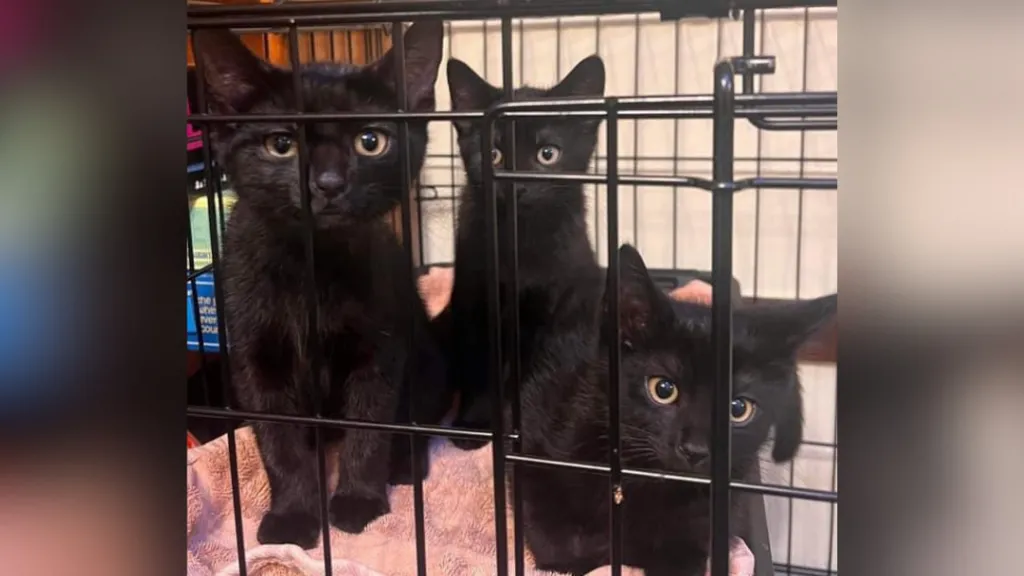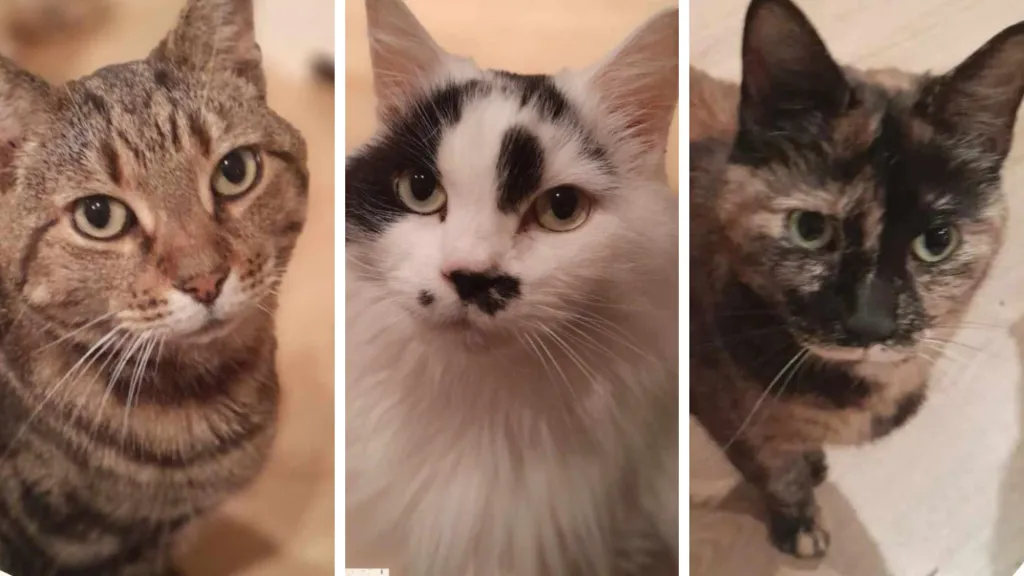Unneutered cats are proving to be a financial burden for pet owners, as reported by a charity inundated with calls.
Peterborough Cat Rescue finds itself overwhelmed, able to address only emergencies due to the city’s burgeoning feline population. This surge is believed to be partly driven by the cost-of-living crisis and rising veterinary expenses.
Jo Underwood, who has provided care for over 600 cats in nine years, advocates for increased fostering efforts to address the pressing issue.

Jo Underwood, a 49-year-old foster coordinator with the charity, emphasized the necessity of prioritizing pregnant female cats and kittens due to the strain on volunteers.
“In Peterborough, the cat population appears to be proliferating. Each year, the situation worsens,” she observed.
“Unneutered male cats contribute to fights, disease transmission, and increased expenses for cat owners.
“With mating season upon us, we receive daily reports of cats discovered with litters of kittens.”

Once rescued, kittens undergo a nine-week fostering period before receiving veterinary examination and subsequently being placed in new homes.
Volunteer fosterers have the flexibility to determine the number of cats they can accommodate. Ms. Underwood herself has cared for as many as 14 cats simultaneously.
She highlighted the positive impact fostering has had on her teenagers, fostering a sense of responsibility and providing rewarding experiences.
Nevertheless, Ms. Underwood acknowledged that some carers have experienced frustration due to being “messed around” by potential adopters, describing it as “frustrating and time-wasting.”

In a cautionary message posted on Facebook, the charity emphasized the importance of genuine commitment from potential adopters, rather than just being swayed by the appeal of cute kittens on social media.
“We’ve had 10 applicants change their minds after viewing or during the adoption process, and another 17 applicants have gone silent after expressing interest in adopting,” the charity stated.
Highlighting the strain on their volunteers, who balance their commitments with families and full-time jobs, the charity expressed frustration and disappointment at such instances of being let down.
Ms. Underwood noted a concerning trend of people surrendering their cats after they become pregnant. She also suggested that the current cost-of-living crisis and rising veterinary expenses could be contributing factors to the increasing number of rescues undertaken by the charity.
